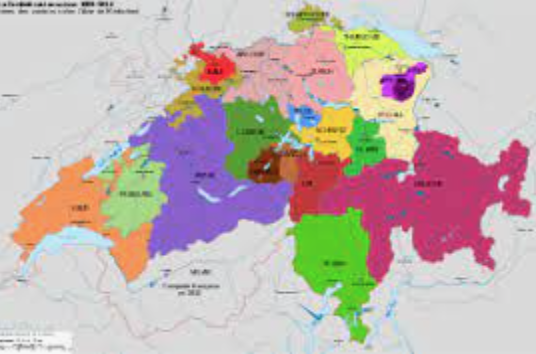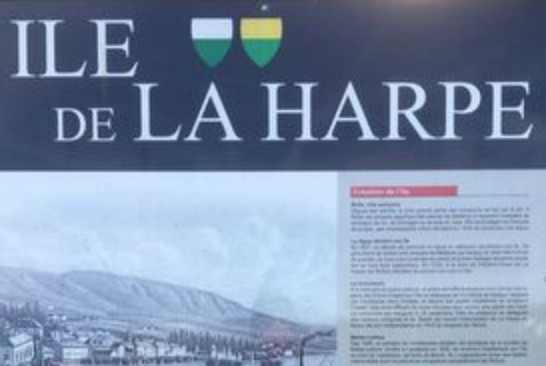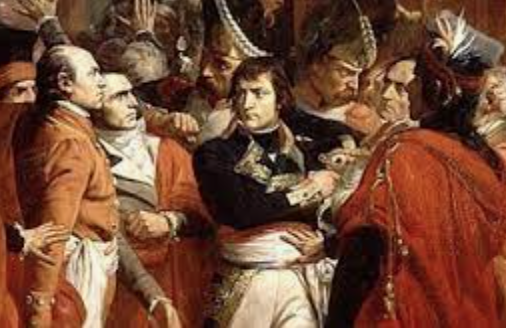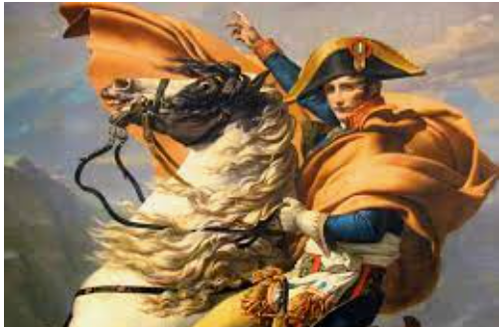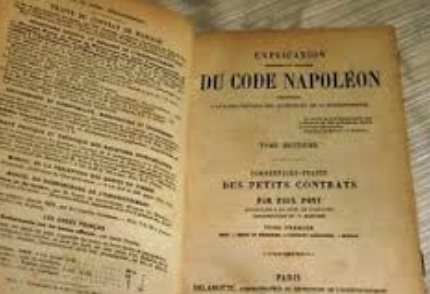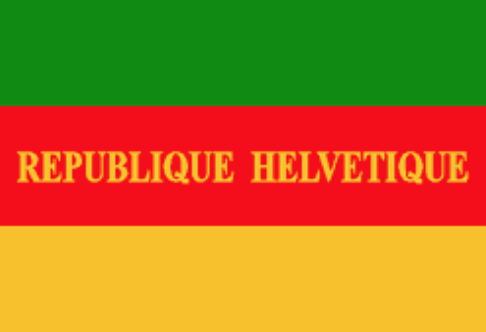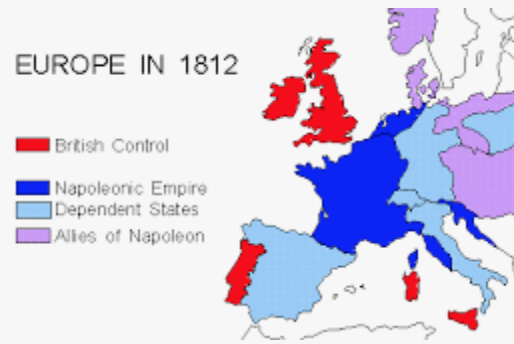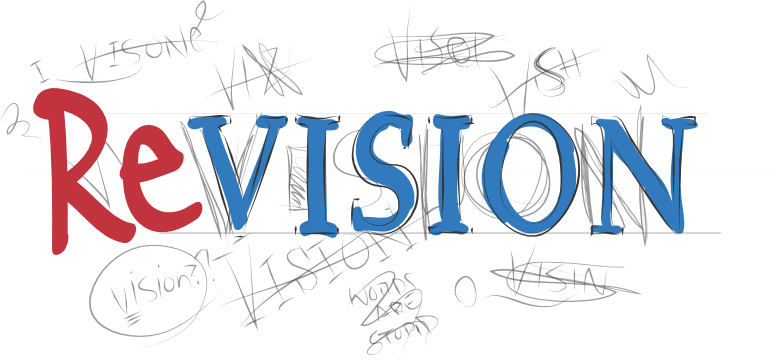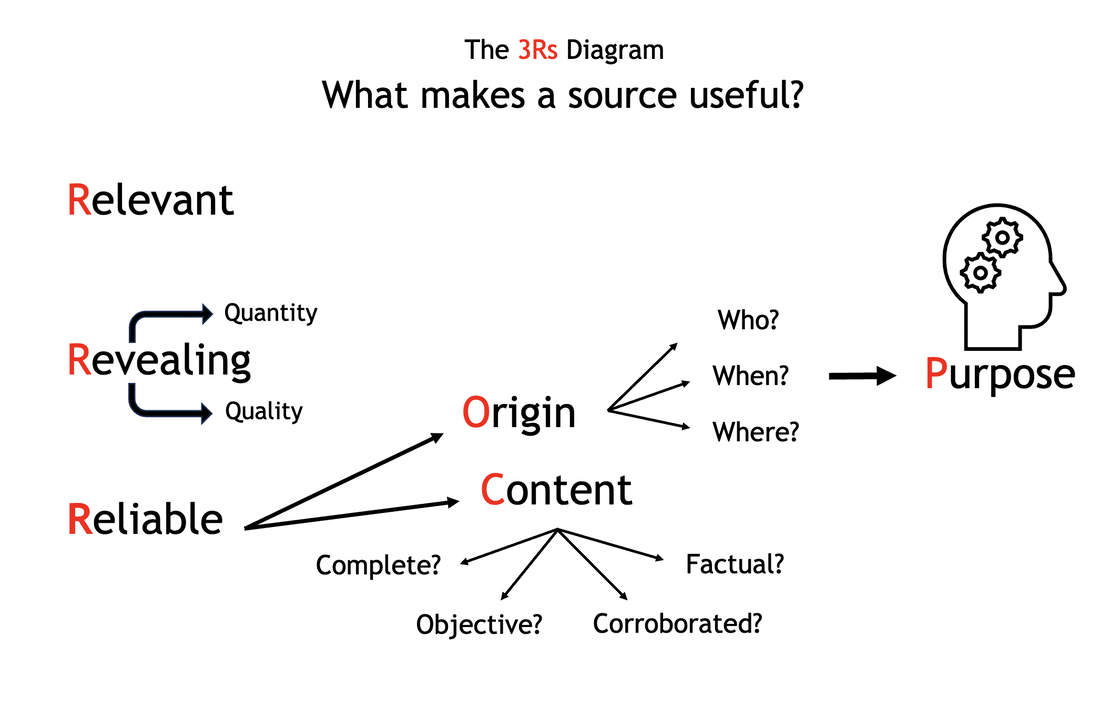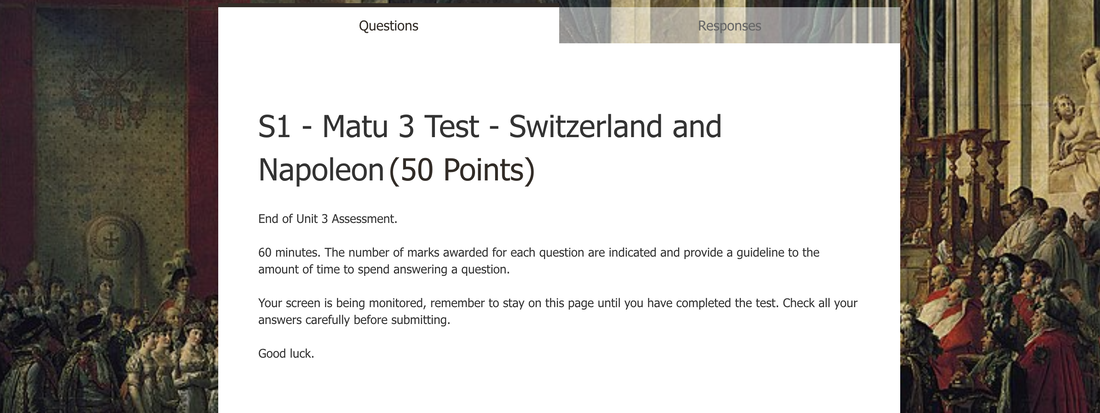Matu syllabus reference - Révolution française : distinguer les phases de la révolution française et montrer les bouleversements liés à la Révolution pour la France et le reste de l’Europe ; montrer le Congrès de Vienne comme stratégie de retour en arrière. Les Révolutions suisses de 1798 et 1848 saisir les oppositions violentes entre traditions cantonales et les nouveaux besoins d’une "centralité" nationale et en identifier les acteurs ; décrire les principales étapes qui mènent de la République helvétique à l’Etat fédéral. Matu syllabus
Revision
|
A4 Revision essentials is a printable but not editable A4 sheet with the absolute essentials to hopefully help you pass the Matu.
'Six like Sydney' is from the notes of a very successful former student. These are often more detailed than the website and might be edited to create your own notes. |
Matu 3 - End of Unit Test.
There will be four sections to this exam.
Section A - Factual recall - This will require answers to a set of factual questions. All the questions will be taken from this quiz.
There will be four sections to this exam.
Section A - Factual recall - This will require answers to a set of factual questions. All the questions will be taken from this quiz.
Question 2 – Recall and describe
In this question you will be expected to select and remember relevant historical information and present it accurately with detailed factual support. You will be expected to answer one of the following.
Describe the main social and political features of Switzerland before 1798.
Describe how the French Revolution aided Napoleon's rise to power.
Describe how Napoleon changed France.
Question 3 - Source analysis
You will be asked to analyse sources and to consider their value to the historian. The concept of the utility of historical sources is useful in this respect. Pay particular attention to Lesson 4 and the process of OPCVL.
In this question you will be expected to select and remember relevant historical information and present it accurately with detailed factual support. You will be expected to answer one of the following.
Describe the main social and political features of Switzerland before 1798.
Describe how the French Revolution aided Napoleon's rise to power.
Describe how Napoleon changed France.
Question 3 - Source analysis
You will be asked to analyse sources and to consider their value to the historian. The concept of the utility of historical sources is useful in this respect. Pay particular attention to Lesson 4 and the process of OPCVL.
Question 4 – Historical Explanation
In this question you will be expected to provide a coherent, well supported historical explanation that goes beyond a merely accurate, chronological ordering of events. The best answers will provide a well-structured, thematic account that relies on an analytical approach to the question that is well supported by accurate historical knowledge. You will be expected to answer one of the following
Explain how Switzerland was transformed between 1798 and 1815.
How did Napoleon transform Europe?
In this question you will be expected to provide a coherent, well supported historical explanation that goes beyond a merely accurate, chronological ordering of events. The best answers will provide a well-structured, thematic account that relies on an analytical approach to the question that is well supported by accurate historical knowledge. You will be expected to answer one of the following
Explain how Switzerland was transformed between 1798 and 1815.
How did Napoleon transform Europe?
|
Click on the following link to access the end of unit test.
|

